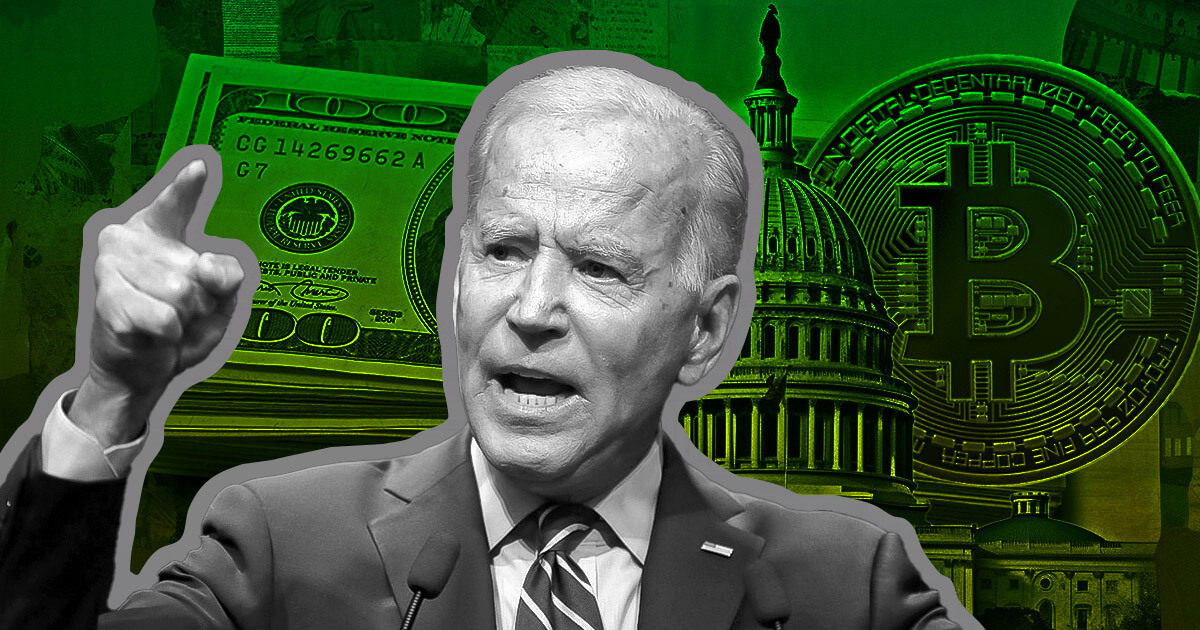
US President Joe Biden vetoed HJ Res. 109, which sought to overturn the SEC’s controversial SAB 121 rule on May 31.
Biden wrote that SAB 121 represents the “considered technical” views of SEC staff. He added that the resolution would limit the SEC’s ability to set up guardrails and address future problems and risks, undermining the agency’s authority over accounting practices.
He emphasized the rule’s role in protecting the public, stating:
“My government will not support measures that endanger the well-being of consumers and investors.”
Biden said his administration will work with Congress to create a “comprehensive and balanced” crypto regulatory framework that builds on existing authority and promotes innovation in the US.
Biden also highlighted a partisan divide in his veto statement by citing HJ Res. 109 as a “Republican-led resolution.”
Unlike Biden, lawmakers supporting the resolution have called the bill a bipartisan effort and urged the president not to veto the bill in a May 30 letter.
Despite the supposed bipartisan nature of the resolution, voting results show dominant Republican support for the bill. Republican lawmakers accounted for 48 of the 60 yes votes in the Senate and 207 of the 228 yes votes in the House of Representatives.
SAB controversy
SAB 121 requires financial institutions and companies that protect customer digital assets to consolidate assets on their balance sheets and make certain disclosures.
Congressman Patrick McHenry, who supported overturning SAB 121, argued that the regulations are effectively unaffordable. He also alleged that the SEC circumvented the Administrative Procedure Act (APA) and received no comment in drafting the rule.
On the other hand, Democratic Senator Elizabeth Warren has argued that SAB 121 is less restrictive than its critics claim. Meanwhile, the American Bankers Association (ABA) believes the rules are restrictive but wants changes rather than a complete overturn.
Biden’s veto does not directly address these issues and only addresses a single legislative effort to overturn SAB 121, leaving the possibility of future challenges uncertain.













